
Tinubu’s Never-Ending Lies: Propaganda, Controversies, And Economic Failures

President Bola Tinubu’s administration is under criticism for deploying deliberate propaganda and a web of lies and half-truths to mislead Nigerians and downplay the nation’s economic and security crises. Opposition figures, including Peoples Democratic Party (PDP) presidential candidate Atiku Abubakar, the African Democratic Congress (ADC), and the Democratic Socialist Movement (DSM), argue that the government’s narrative is disconnected from the realities of ordinary citizens. Tinubu’s personal credibility has also been criticised due to the inconsistencies in his biography and past controversies.
Several economic claims by the Tinubu regime have been disputed. The president’s declaration that the petrol subsidy was removed has been denied, with many noting that petrol, at N620 per litre amid oil prices of $94 per barrel and a naira trading at N1,000/$1, remains effectively subsidised in 2023.
Phrank Shaibu, Special Assistant to Atiku Abubakar, highlighted the lack of transparency as indicative of potential mismanagement. Similarly, Tinubu’s claim that the dollar traded at N1,900 when he assumed office, later reduced to N1,450, is contradicted by official data showing the rate at N460.72, with the parallel market at N700–N800. The resulting naira depreciation and over $600 million in foreign airlines’ funds trapped in Nigeria further reduce the administration’s assertions of a stable currency and free capital movement.
The ADC also described Tinubu’s claims of record-breaking revenue growth as “misleading and disconnected from the realities Nigerians face.” Reported revenue of N20.59 trillion between January and August 2025 fell short of the N41.81 trillion projected in the 2025 budget. Similarly, claims that debt servicing had dropped from 97 per cent to 68 per cent of revenue are contested, as new loans exceeding N20 trillion in just 14 months threaten to push debt servicing back above 100 per cent of revenue. According to the DSM, Nigeria’s debt profile rose by 65 per cent from N87.4 trillion in June 2023 to N144.7 trillion in December 2024, mainly due to naira devaluation, with debt servicing consuming more than twice the combined budgets for education and healthcare.
Inflation and the cost of living have also drawn criticism. Despite government claims of falling inflation, NBS data shows food inflation reached 23.51 per cent in February 2025, with prices soaring 97 per cent between November 2023 and November 2024. Even with a nominal minimum wage increase to N70,000 in 2024, its real value is estimated at N10,000 in 2011 terms, while the average cost of living for a family of four, excluding rent, stands at N150,000. Unfulfilled financial promises, such as the CBN’s $10 billion foreign exchange injection and the $3 billion Afrexim loan to stabilise the naira, have also fueled criticism. The Student Loan Act has been described as deceptive, providing loans only for tuition while implying federal school tuition remains free, making the programme effectively pointless.
The administration has faced international embarrassment over misleading statements. Claims that the UAE lifted its visa ban on Nigerians, that Tinubu was the first African president to ring the NASDAQ bell, or that he would meet US President Joe Biden were later debunked. Similarly, assertions about new visa categories for Nigerians in Japan were denied by the Japanese government and retracted by Nigerian authorities.
Domestic governance has also been criticised. Reports of Nigerian Air Force strikes against terrorists in Niger State were later revealed to be propaganda, with civilian casualties reported. Despite pledges to serve without prejudice, appointments in key sectors, including the CBN, FIRS, customs, military, and ministries, have reportedly favoured the southwest. Responses to #EndHunger and #EndBadGovernance protests were also deemed inadequate, while the extravagance of convoys and officials was evidence of governmental disregard for citizens’ welfare.
Beyond policy, Tinubu’s personal credibility is under question. He has “fudged or plain forged key nodes of his bio,” including his name, age, and education. His claim of attending the University of Chicago was later changed to Chicago State University (CSU), but legal efforts to verify records revealed a female graduate with the same name. Claims of Belarusian businessman Alexander Zingman as a former CSU classmate are impossible, as records show Zingman attended a different university and would have been only 13 when Tinubu graduated in 1979.
Zingman’s alleged criminal ties, including arms dealings, have raised additional concerns, particularly regarding a $70 million tractor contract awarded by Tinubu’s administration. Further scrutiny comes from an impending 70,000-page FBI dossier and Tinubu’s forfeiture of $460,000 from narcotics proceeds in 1993, which continues to fuel controversy.
The administration’s propaganda machine deliberately obscures reality, normalises mass hardship, and distracts from the economic and social challenges Nigerians face. Nigerians need to resist this propaganda as part of a broader struggle against Tinubu’s “anti-people policies” and the capitalist system.
Read More:
- Bill Gates and Jeff Bezos-backed KoBold Metals Granted Lithium Exploration Permits in Congo
- MI Abaga Leads Star-Studded Cast in Nigeria’s First Musical Animated Film, Gammy & The Living Things
About The Author
Related Articles
Tinubu Follows Gumi’s Lead as Nigeria Signs Turkey Defence Deal, Fueling Speculation Over Who Really Controls the Country’s Security Policy
Nigeria’s diplomatic and security strategy is once again under scrutiny after a...
ByWest Africa WeeklyJanuary 28, 2026Burkina Faso President Ibrahim Traoré Reviews 2025 Achievements, Sets Ambitious Agenda for 2026
Burkina Faso’s President, Ibrahim Traoré, has described 2025 as a year of...
ByWest Africa WeeklyJanuary 28, 2026Mali Says Reports of New Three-State Sahel Currency Are False but Talks Continue on Economic Integration
Mali’s government has rejected claims that it and its neighbours, Burkina Faso...
ByWest Africa WeeklyJanuary 28, 2026CBN Upgrades Opay, Moniepoint, Kuda and Others to National Licences
The Central Bank of Nigeria has upgraded the operating licences of several...
ByWest Africa WeeklyJanuary 28, 2026


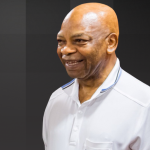
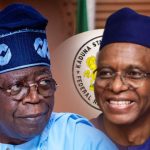
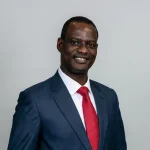



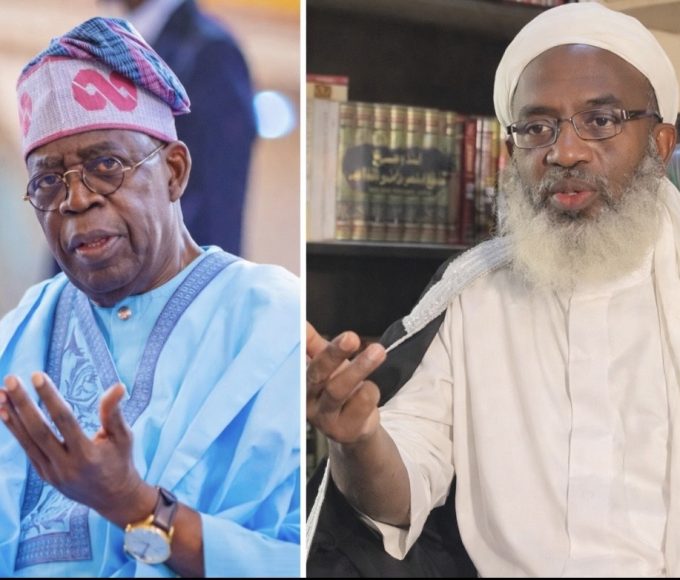

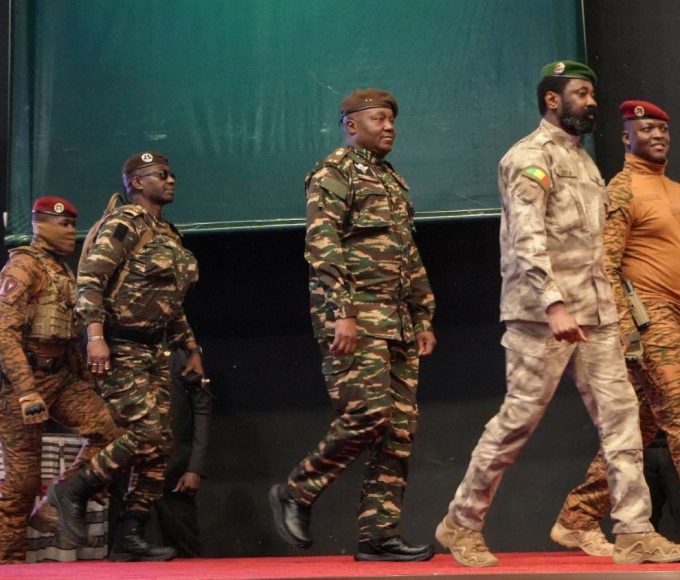
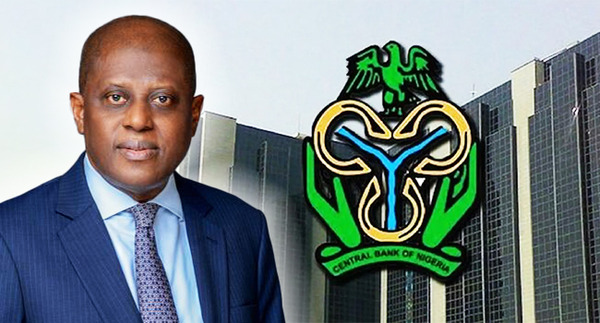
Leave a comment